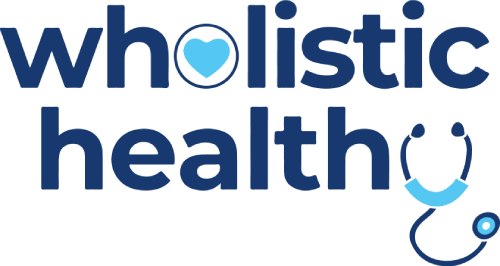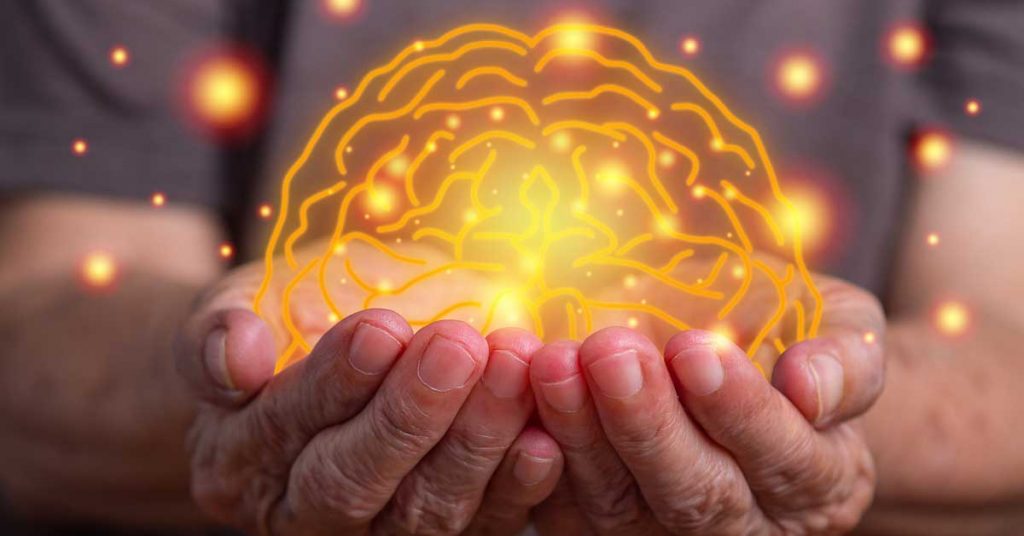What Is Depression?
Depression is a mood disorder that causes feelings of sadness, hopelessness, and helplessness. People with depression often withdraw from their daily activities, experience changes in appetite or sleep habits, lose interest in activities they once enjoyed, or feel irritable and moody.
Depression can also result in physical symptoms, such as headaches, digestive problems, and chronic pain, in addition to increasing a person’s risk of developing heart disease, diabetes, and other physical ailments. But what most people don’t know is that depression can also cause physical damage to the brain.
Depression And The Brain
Depression can affect different parts of the brain, such as the prefrontal cortex and nucleus accumbens. The prefrontal cortex is responsible for emotions, problem-solving, and decision-making, while the nucleus accumbens plays a role in processing rewards and motivation. Other parts of the brain that are affected by depression include the hippocampus, which is responsible for memory and learning, and the amygdala, which helps process emotions.
Depression doesn’t just impact a person’s brain – it changes it. For instance, depression may cause neurons in the brain to atrophy and die and make it difficult for the brain to produce new neurons. This affects how different parts of the brain communicate with each other, leading to misinterpretation of certain information which may trigger negative thoughts and emotions.
As a result of the physical impact of depression on the brain, people with depression may struggle to think, concentrate on tasks, or remember things. They may seem irritable, disengaged, or simply out of it because depression makes them unable to think clearly.
Treatments for Depression
The effects of depression on the brain can be debilitating and life-changing, causing someone to struggle with memory loss, emotional regulation, low motivation levels, and reduced energy levels. It is important for people who are experiencing depression to seek help from a mental health professional.
There are different treatment options that can be used to manage depression, including psychotherapy, talk therapy, meditation, alternative therapies like acupuncture and yoga, and even exercise.
Medication
Antidepressant medications are typically the first line of treatment for managing mild to moderate cases of depression. Antidepressants help alleviate symptoms and make it easier for someone with depression to live a more fulfilling life.
Talk Therapy
Talk therapy has also proven to be effective in the treatment of depression. Talk therapy involves working with a therapist to identify the thoughts and feelings that trigger the depressive symptoms and how to work through them.
Other Treatments
Psychotherapy and alternative treatments like acupuncture, and yoga can also be effective in treating depression, sometimes even more so than medication. They don’t come with the side effects of antidepressants and can help a person achieve a state of calm relaxation where they can better process their emotions and thoughts.
Final Thoughts
Depression can be debilitating, and it is important for those experiencing depressive symptoms to seek help as soon as possible. Ignoring depression can only lead to mere serious consequences.

